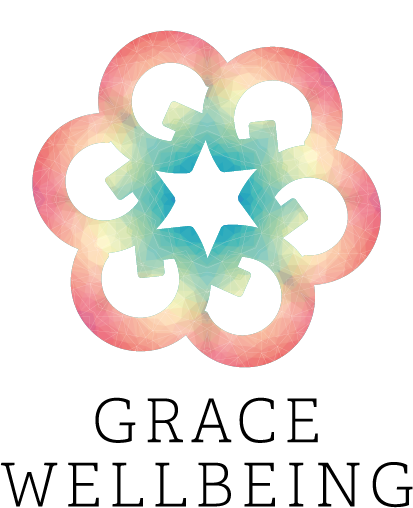Kindness is in. It’s the new must-have accessory. But there’s more to it than putting a banner on your social media profile picture. It’s about finding the ability to be kind to strangers, not just people you like. Hardest of all, it’s about accepting kindness when it is given to you, and heaping it on yourself. Hold on tight, we’re going in…
The Science of Kindness
Whilst researching this, I came across the phrase ‘kindness is chemical’. I’m a sucker for a bit of alliteration, but the point is that when you perform even a small kind act, it releases the ‘love’ hormone oxytocin. Oxytocin is a hormone that washes round new mums and babies after birth, and is released through touch as well. You actually get a chemical high (for 3 or 4 minutes) after doing something kind. It’s a short high, so all the more reason to keep doing them, right?
Being Kind to Yourself
Showing kindness to yourself is not selfish. It is a key component of developing a compassion muscle which helps develop compassion for others. I love this article by Rick Hanson. Hanson describes kindness as circular rather than linear, starting with yourself. Our own inner monologue is often the least forgiving we will ever come across. It can be a defensive, protective instinct, but it often stops us moving on, or forgiving the daft things we all do from time to time. Practicing a self-compassion meditation can help to develop more positive self-talk.
Accepting Kindness, Help and Compassion
We are conditioned into a cycle of reciprocity. If someone does something kind for us we might immediately feel like we need to ‘pay back’ that kindness in some way. The person who has been kind to us, probably has no thought of ‘pay back’. We are conditioned into resisting asking for help if we need it. Accepting kindness unconditionally is a way of accepting ourselves. Accepting our strengths and weaknesses, and accepting that we are deserving of help and compassion because we have worth that is not material.
The coronavirus pandemic has taught me a lot about accepting kindness. The neighbour who brought me flour, the client who bought a block of treatments for when lockdown ends, my children (haphazardly) putting things in the dishwasher, I’m accepting them from the place they came from – care, thought and love, and I’m grateful.
Kindness as Culture
Individual and small group acts of kindness are like pebbles thrown into a pond – the ripples are often felt longer than the act takes. Imagine if kindness and compassion formed a cornerstone of public policy and government and were not seen as weakness, but strength. I’ll just leave that thought here…
